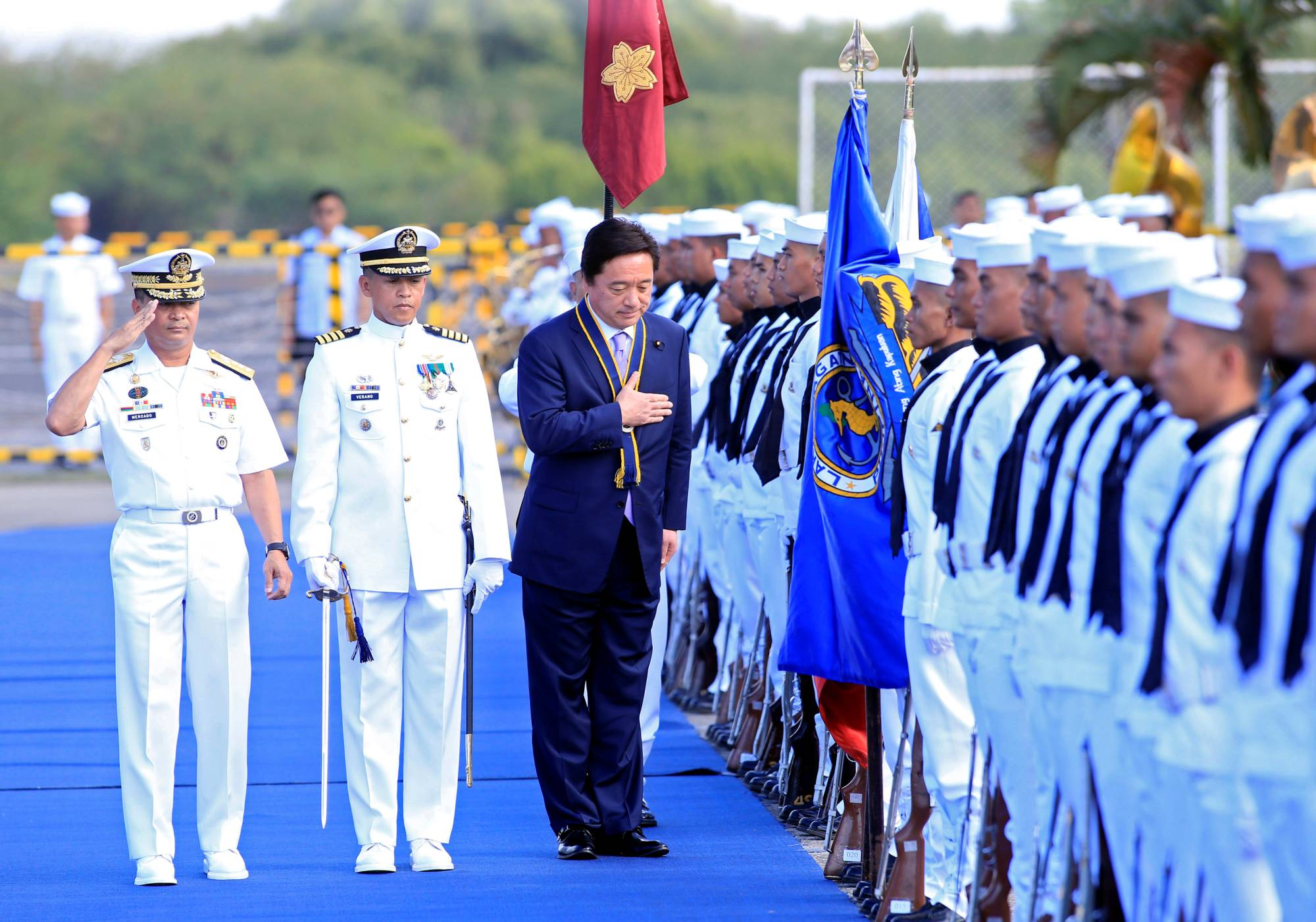Nowadays, it’s a fad among pundits and policymakers to reduce Asia’s contemporary geopolitics to essentially a Sino-American struggle for power. What this simplistic narrative of superpower rivalry tends to overlook, however, is the role of so-called “middle powers,” which play an increasingly pivotal and constructive role in shaping Asia’s future.
And arguably, no middle power in Asia is as important as Japan. This is especially true in Southeast Asia, where Japan is not only a leading source of infrastructure investments and overseas development assistance (ODA), but also enjoys tremendous good will among both opinion leaders as well as the broader public.
While still maintaining legal fidelity to its pacifist Constitution, Japan has also gradually become a key source of maritime security assistance to smaller Southeast Asian countries, which have been at the receiving end of China’s naval expansionism in the region.



















With your current subscription plan you can comment on stories. However, before writing your first comment, please create a display name in the Profile section of your subscriber account page.